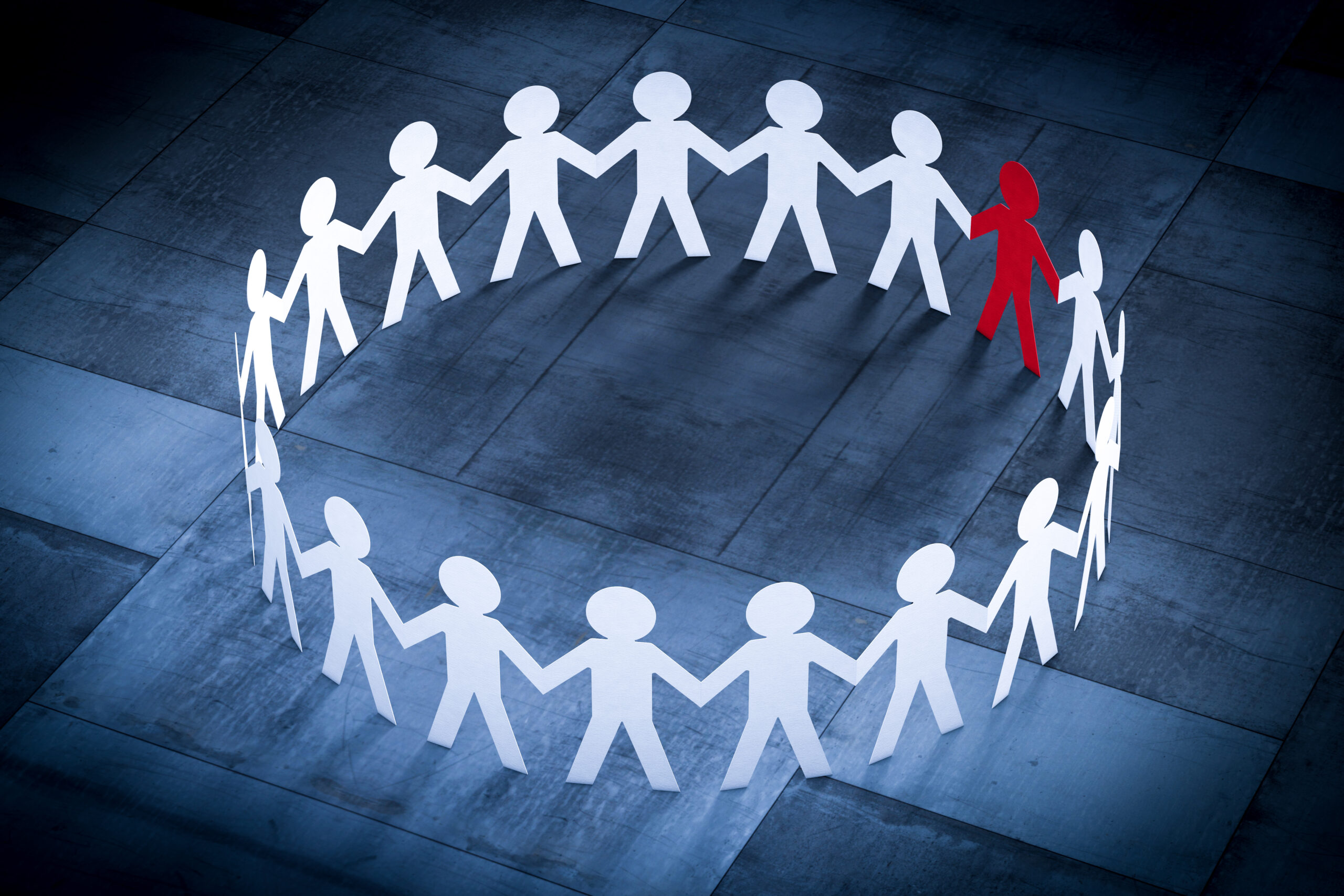All mothers and most fathers have legal rights and responsibilities as a parent – known as ‘parental responsibility’. Parental Responsibility (PR) gives you a bundle of rights – for a greater say over your child’s upbringing and input about major decisions relating to your child’s life. It also exempts you from seeking permission from the court to make an application for a child arrangement order for contact or custody.
Automatic parental responsibility
A mother automatically has parental responsibility. In the case of the father automatic parental responsibility arises if he was married to the mother at the time of the child’s birth or marries her at a later stage. Since December 2003 unmarried fathers automatically obtain parental responsibility if they are named on their child’s Birth Certificate at the time the birth is registered or re-registered. This requires the mother’s consent.
If you have parental responsibility, your most important roles are to:
- provide a home for the child
- protect and maintain the child
You are also responsible for:
- disciplining the child
- choosing and providing for the child’s education
- agreeing to the child’s medical treatment
- naming the child and agreeing to any change of name
- looking after the child’s property
Parents have to ensure that their child is supported financially, whether they have parental responsibility or not.
Parental responsibility for separated parents
If you have parental responsibility for a child but you do not live with them, it does not mean you have a right to spend time with your children. However, the other parent must include you when making important decisions about their lives.
According to the Children Act 1989, Section 3, parental responsibility means “all the rights, duties, powers, responsibilities and authority which by law a parent of a child has in relation to the child and his property”. Section 2 states that if the mother and father are married to each other at the time of birth, both acquire parental responsibility, otherwise, the mother automatically acquires it and the father will have to :
- acquire and register for PR;
- agree with the child’s mother make a parental responsibility agreement in which he acquires parental responsibility for the child or;
- the court orders that he shall have parental responsibility for the child – a parental responsibility order.
Parental responsibility cannot be transferred or surrendered, completely or in part. Individuals may delegate the responsibility to someone else but this does not mean that they are no longer responsible anymore; they would still be liable for the child. Grandparents do not have automatic grandparents’ rights and will have to seek permission from the court to make any applications.

